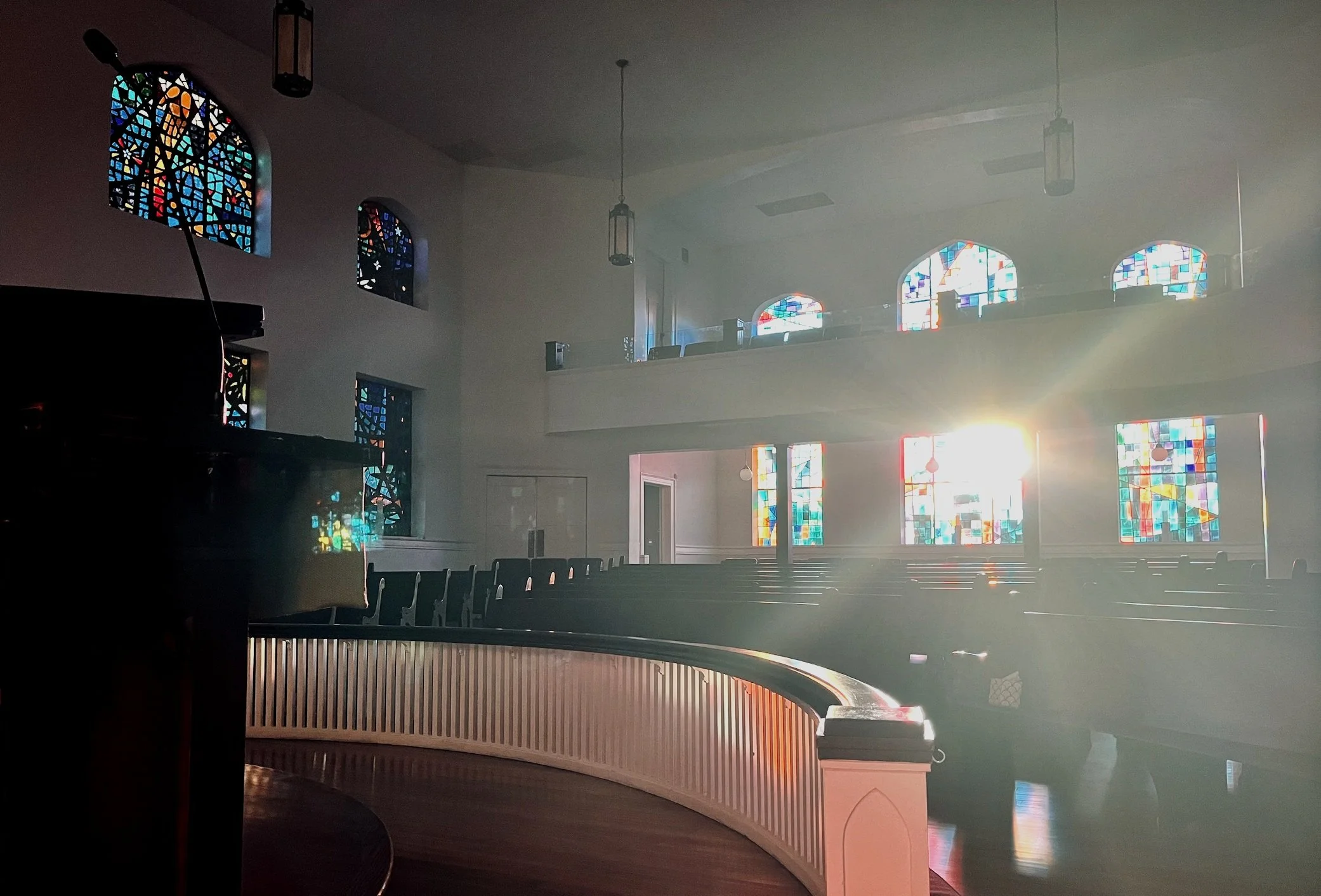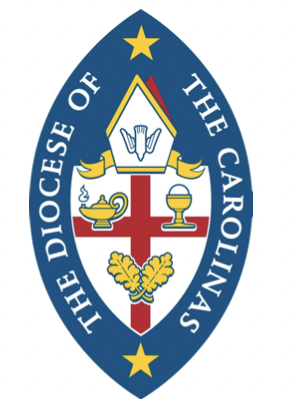Above: Village Church Anglican, Greenville, SC
A Brief Overview
Who We Are
The Team
KARDIA has a director (the ADOC Canon for Church Planting) and five board members, two of whom are area Bishops serving our Diocese. The ADOSC Canon for Church Planting is on this board as well. They all serve as recruiters, coaches, consultants and an assessment team for our church plants and planters. They formally meet once-per-month, but remain in regular communication between these meetings. The number of board members is not fixed but determined by need and availability of qualified leaders. We are funded exclusively by the Diocese of the Carolinas and the Diocese of South Carolina. Meet the team here.
Strategic Mission
The KARDIA team are continually and prayerfully considering strategic locations for new church plants in the Carolinas, the number of which is determined by our available funding and catalytic leaders who desire to plant. Ideally, the better-resourced parishes in our diocese will become “mother churches” for new plants, also providing opportunities for curacy (see Curacies below) and training under a former church planter or seasoned rector. As of the 2022-23 fiscal year, we are able to provide funding for 10 church plants. See Church Plant Funding below.
What We Provide
Discernment and Assessment
On an ongoing basis, we formally recruit and assess leaders, both ordained and aspiring, for church planting. This begins with an informal conversation between the prospective planter and a member of the KARDIA board to assess the initial viability of the candidate’s interest and to answer any initial questions. After this, the formal process begins:
The candidate completes an application from our website, which is reviewed by the board for approval.
If the application is approved, a Pre-Assessment Questionnaire is completed by the candidate and the 2-hour assessment is scheduled.
The assessment is conducted by two KARDIA board members and includes the planter’s spouse, if applicable.
A formal report on the assessment is submitted by the assessors to the full KARDIA board for review and final approval.
If the candidate is approved as an ADOC planter after assessment, the KARDIA team will begin partnering with him to plan and resource the plant. During this phase, an initial Year-1 budget and strategic plan will be presented by the planter. If a location for the plant has not been determined, this will be explored in this phase.
Inherent Community
Beyond our leadership, KARDIA exists as a cohort of planters who meet monthly and who support one another through regular interaction and collaboration. In other words, no one plants alone. These monthly conversations are an opportunity to share needs and questions, resourcing one another in the obvious and unique overlap of planting experiences. We also enjoy a 3-day annual retreat which is a kind of intensive for community, care and training. In addition to all this, all of our clergy in the ADOC gather monthly for ongoing support, fellowship and development either in their regions or as an entire diocese.
Care & Coaching
Every member of the KARDIA board has been a church planter. A unique aspect of KARDIA is the presence of our two area bishops on the KARDIA board. They are directly available to each plant and planter for episcopal input and support, which are key in the early stages of planting an Anglican church. The three other members of the board serve as coaches, as well.
Church Plant Funding
Each church plant is eligible for 3 years of funding in the total amount of $72,000. This is awarded annually and in part, generally with a larger amount in the first year then tapering down (36k, 24k, 12k). However, the unique needs of each plant are taken into consideration. The above funding is partial, requiring every planter to raise additional funds before launching and to create an immediate culture of generosity and financial support within their initial launch team.
Training
Though KARDIA does not provide a formal, initial training course of its own, it is our expectation that every planter has been through or will go through some formal church planting training. In addition to this, he will ideally have served on staff (or as a curate) for 2+ years at an established Anglican church. KARDIA can provide recommendations and funding for formal training once a planter has been assessed and approved. Always Forward, the collaborative effort of the Province of the ACNA, provides initial and ongoing training. Training through KARDIA does continue in the form of coaching and it is our feeling that the most effective training will happen while in the process of planting.
Ordination
Often, our church planters are pursuing ordination to the priesthood in parallel with their planting endeavors. Every KARDIA church planter must be in the ordination process and will need to be ordained to the priesthood in a timely manner to fully lead the plant. Toward ordination, our area bishops collaborate with the KARDIA team, with parish and regional discernment committees, and the examining chaplains of our diocese. This creates a relatively seamless overall process. The timing of both ordination and planting does depend on each candidate and situation.
Curacies
As of 2022-23, we offer 3 partially-funded curacies for church planting prospects.
Year 1 is a time of discernment, serving alongside a parish staff and, ideally, with a former church planter. By the 9-month mark, the curate will undergo formal church planting assessment (see above).
The assessment results will determine the availability of additional years of curacy.
In Year 3, the curate will begin actively planning for an imminent start to the plant at the conclusion of the curacy.
Evaluation & Viability
Ongoing Evaluation
Each year, we ask KARDIA church plants to submit the following information:
How many adults are a regular part of your congregation (Attending twice a month, on average, and supporting the church through giving?)
By how many adults has your plant grown in the last 6 months?
Approximately how many first-time visitors have you had in the last 3 months?
How are you actively promoting the presence of your church plant?
Include a copy of your budget-to-actuals for the previous year.
Viability and Continuance
After its third full year, a plant will be considered viable if it has at least 40 adults in the congregation, has added 10 adults in the last 6 months, has a stable, if not permanent worship location, and is 100% financially solvent with a full-time salary for the planter / rector. Per the Canons of our diocese, if the plant has 50 ASA, it may apply to be received as a parish in the Diocese.




